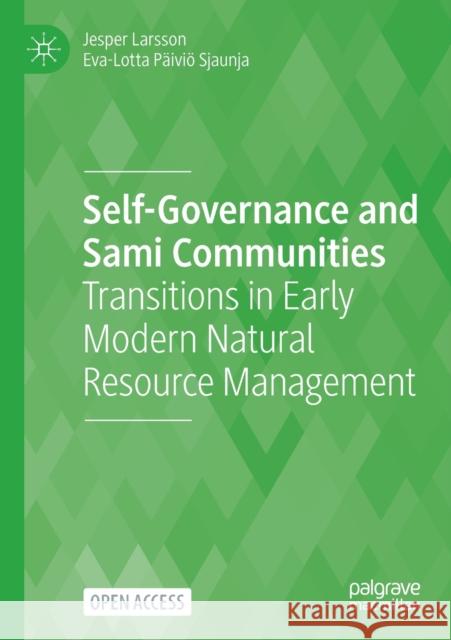Self-Governance and Sami Communities: Transitions in Early Modern Natural Resource Management » książka
topmenu
Self-Governance and Sami Communities: Transitions in Early Modern Natural Resource Management
ISBN-13: 9783030875008 / Angielski / Miękka / 2021 / 266 str.
Self-Governance and Sami Communities: Transitions in Early Modern Natural Resource Management
ISBN-13: 9783030875008 / Angielski / Miękka / 2021 / 266 str.
cena 160,99
(netto: 153,32 VAT: 5%)
Najniższa cena z 30 dni: 154,18
(netto: 153,32 VAT: 5%)
Najniższa cena z 30 dni: 154,18
Termin realizacji zamówienia:
ok. 16-18 dni roboczych.
ok. 16-18 dni roboczych.
Darmowa dostawa!
Kategorie:
Kategorie BISAC:
Wydawca:
Springer Nature Switzerland AG
Język:
Angielski
ISBN-13:
9783030875008
Rok wydania:
2021
Ilość stron:
266
Waga:
0.35 kg
Wymiary:
21.01 x 14.81 x 1.52
Oprawa:
Miękka
Wolumenów:
01











